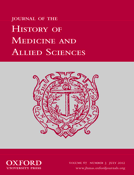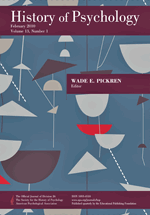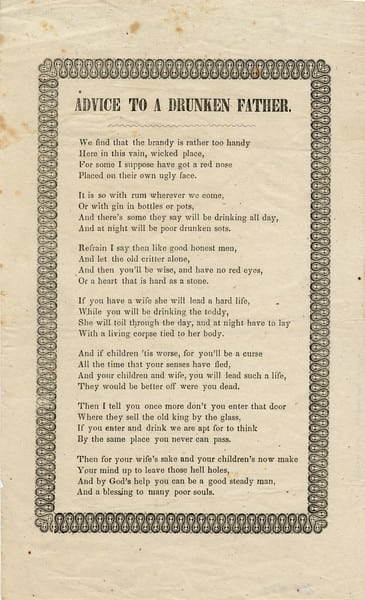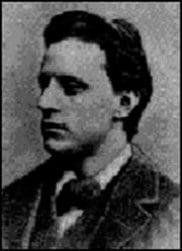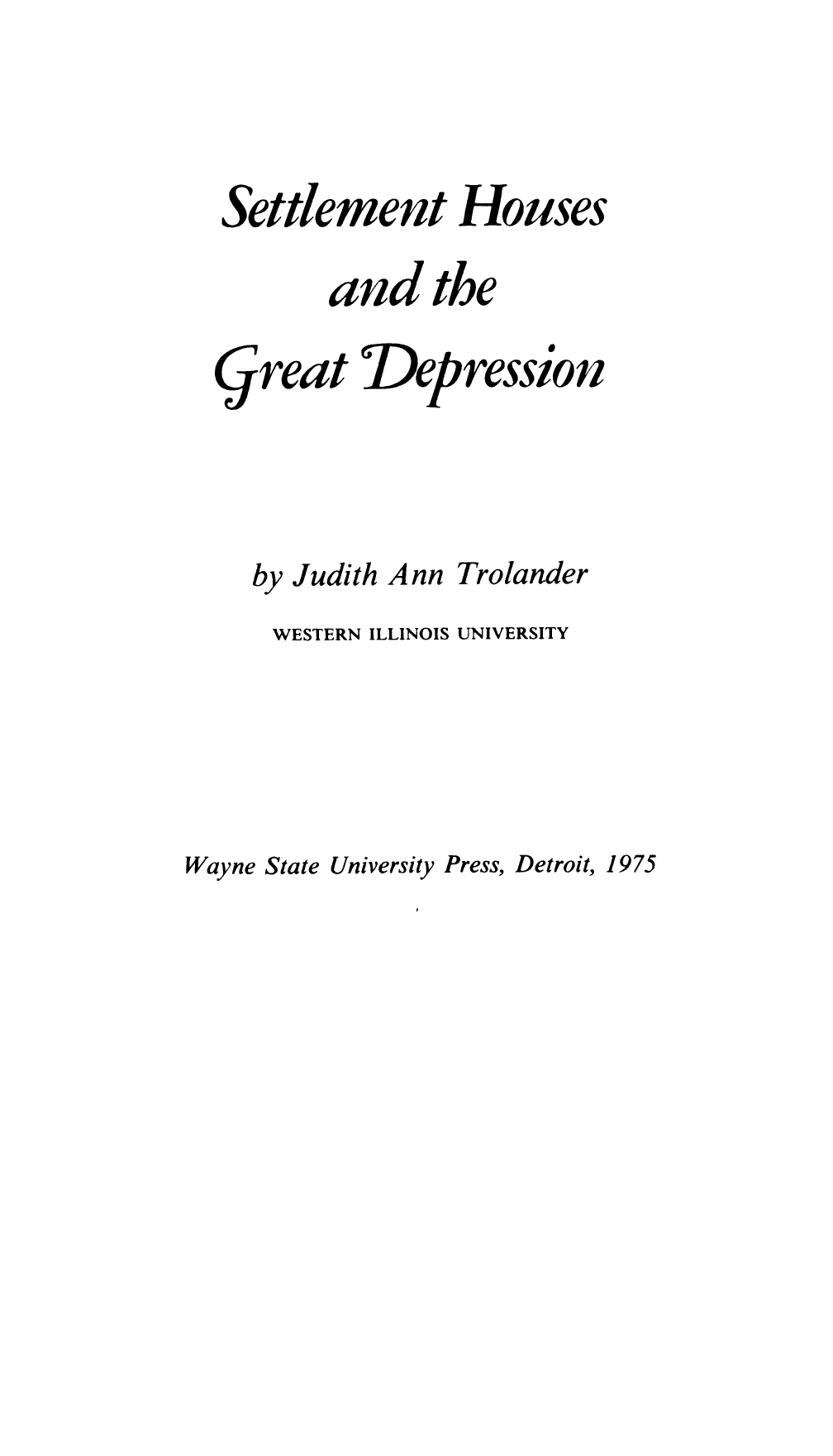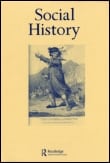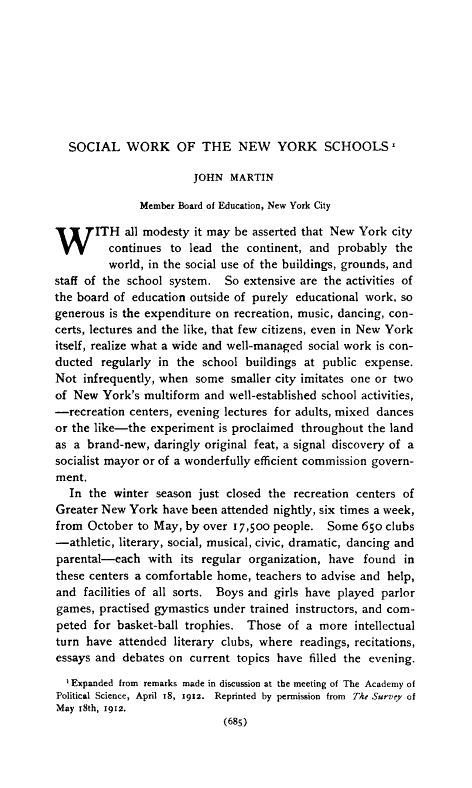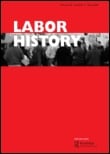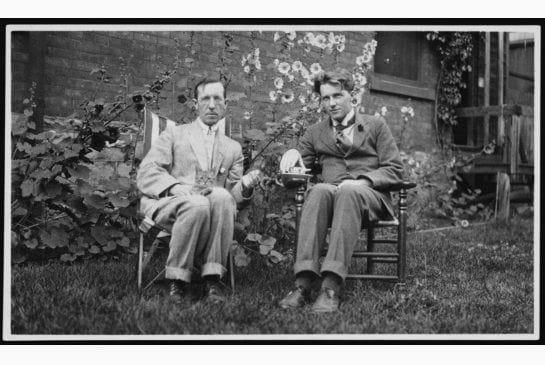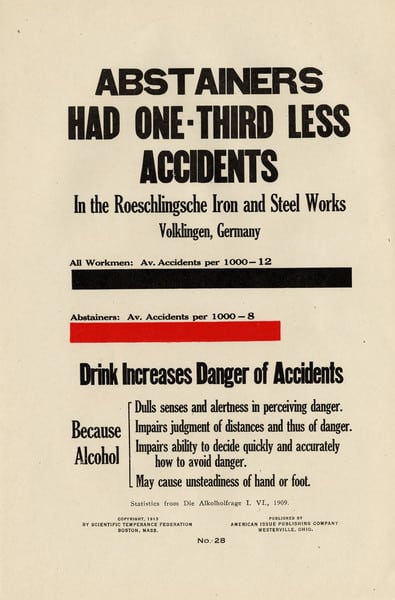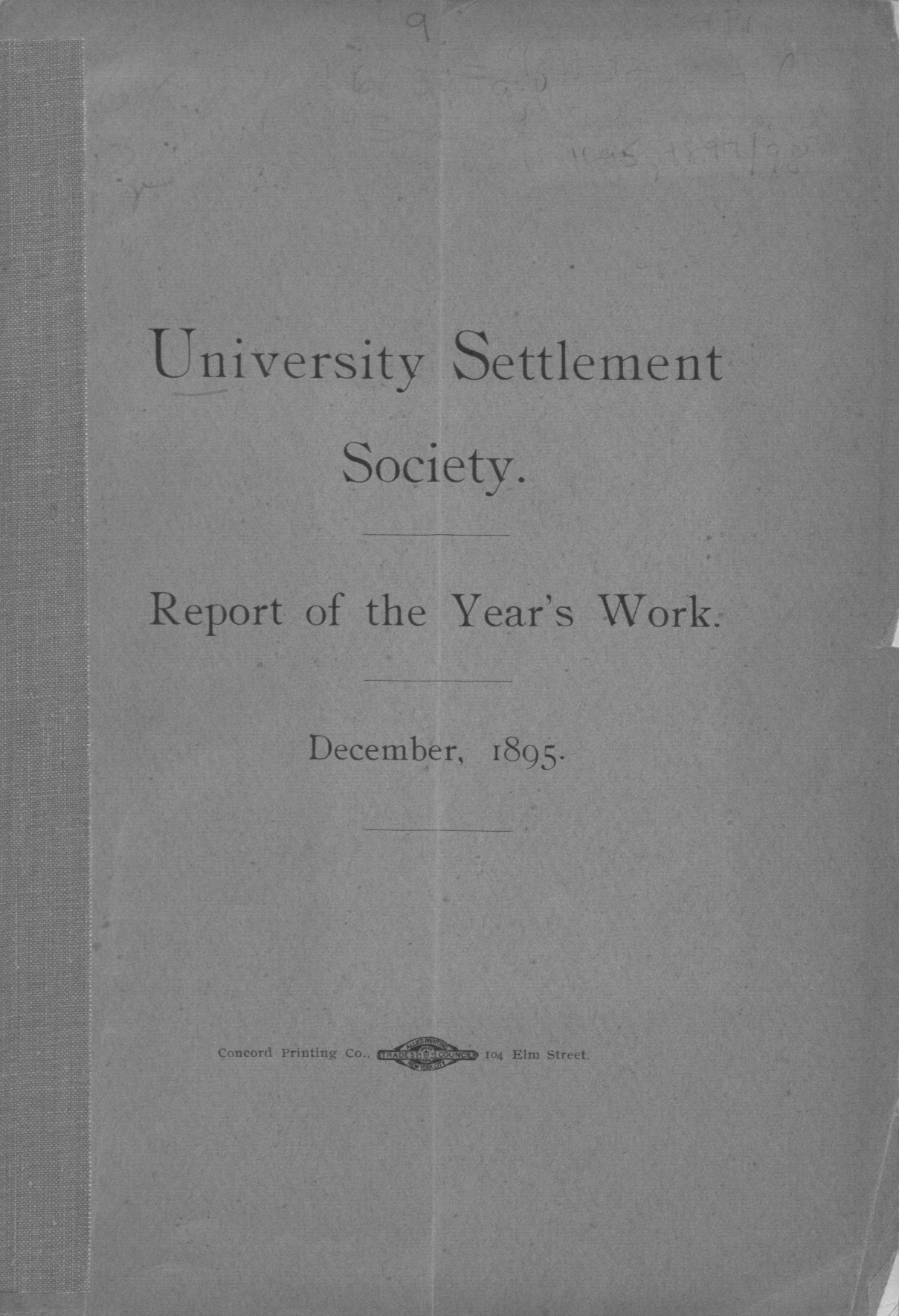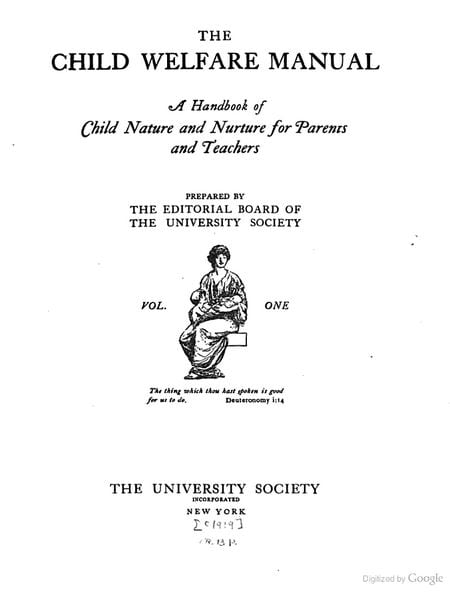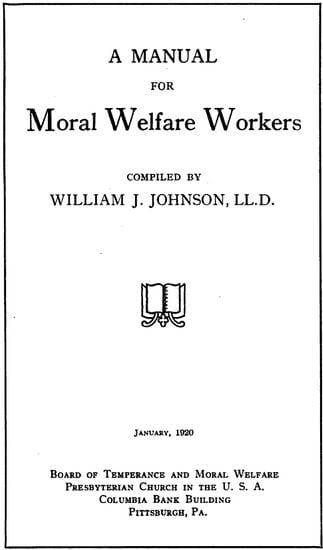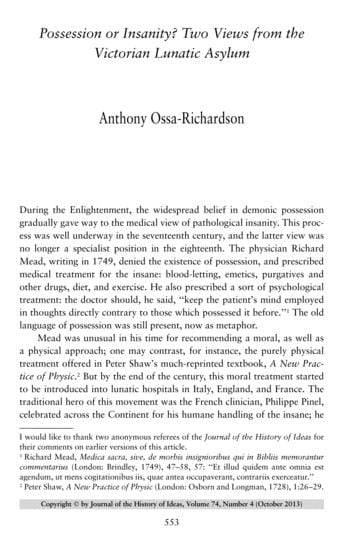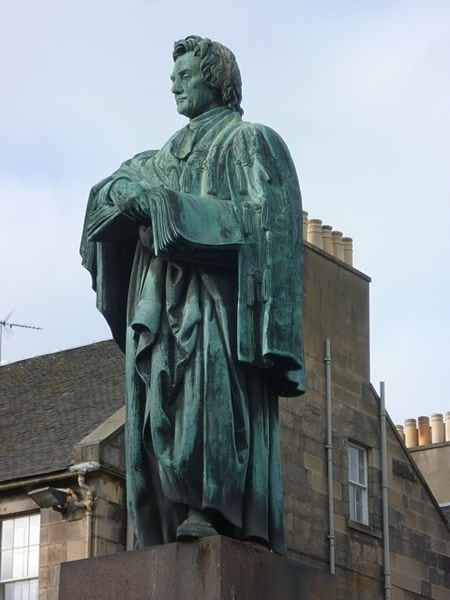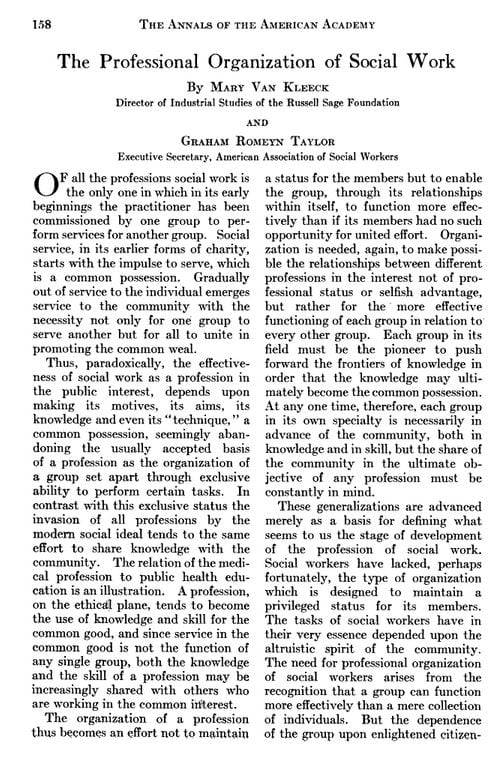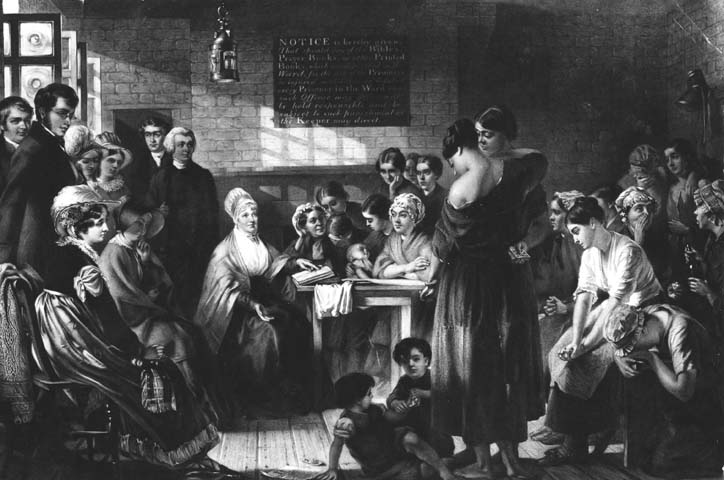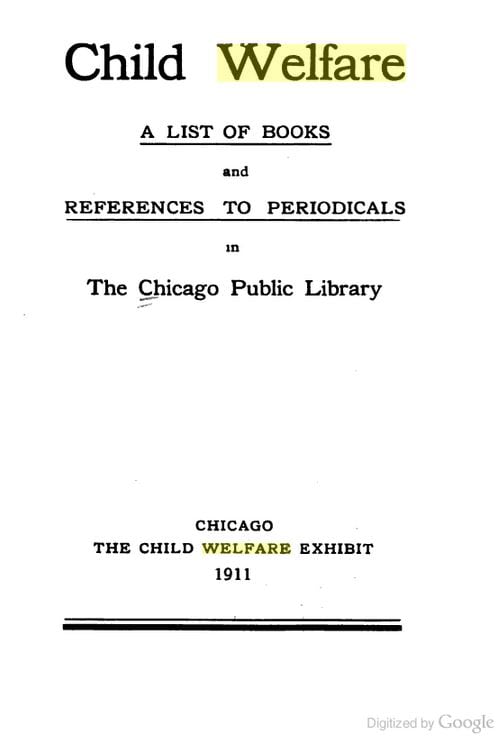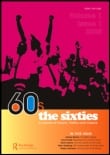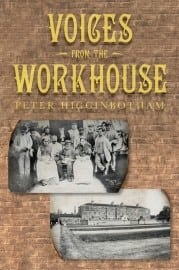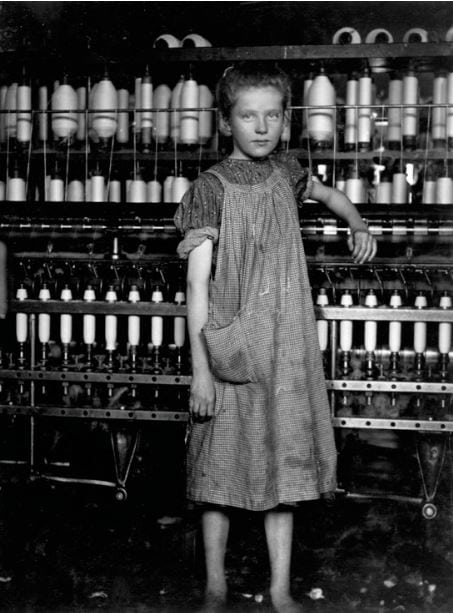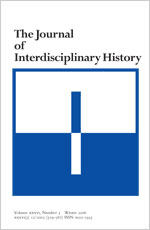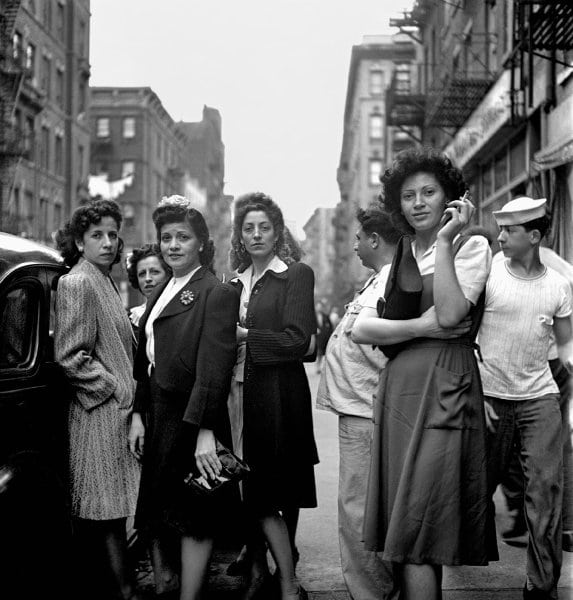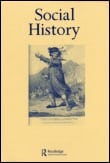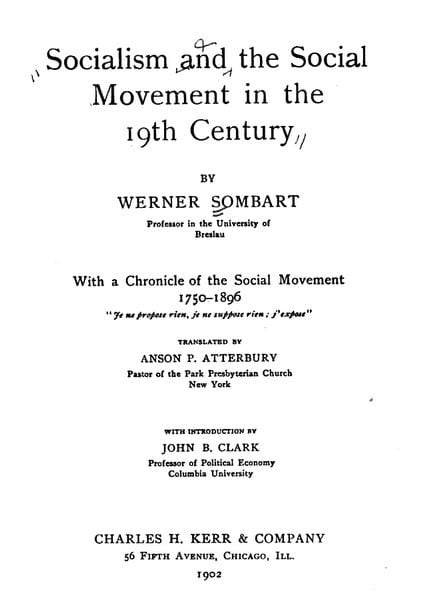Despite its unprecedented mass mortality and recent popularity among historians, the 1918–19 Spanish influenza pandemic rarely figures into national histories. Similarly, national, social, and political histories rarely inform histories of this pandemic.
National Institute of Health Plan for Social Work Research: Progress Report (2007)
Review of Cold war social science: Knowledge production, liberal democracy, and human nature, and working knowledge: Making the human sciences from Parsons to Kuhn.
Richard Titmuss: Forty years on
Richard Titmuss was one of the world’s leading public analysts and philosophers. He was enormously influential in shaping the post-war welfare state and created the discipline that we now call social policy. It is now forty years since he died. What would he have made of the present state of welfare? The present state of social policy? Welfare reformers frequently talk of going back to Beveridge. Should we not think of going back to Titmuss?
Death and taxes: understanding the death duty registers
Advice to a drunken father (1840-60?)
Arnold Toynbee: University Settlement
Arnold Toynbee (1852-1881) died before the age of thirty but nevertheless in his short life as a scholar his thinking did much to change how education could be developed through work in the poorer parts of Britain’s cities. He lectured in economic history at Oxford University where he was very critical of the effects of the industrial revolution which he saw emerging all around him.
Settlement Houses and the Great Depression (1975)
Vagrancy in Law and Practice under the Old Poor Law
Social Work of the New York Schools (July 1, 1912)
Communism, the cold war, and a company town: the rise and fall of UE Local 709
The Catholic Counter-Reformation and the idea of hunger. A close reading of two appeals for alms from the Paris area in the year 1662
Duncan Campbell Scott and residential schools
Abstainers had one-third less accidents (1913)
Report of the Year’s Work (1895)
The Child Welfare Manual: A Handbook of Child Nature and Nuture for Parents and Teachers (1919)
A Manual for Moral Welfare Workers (1920)
Possession or Insanity?: Two Views from the Victorian Lunatic Asylum
1819 Thomas Chalmers
The Professional Organization of Social Work (1922)
Crime and Punishment in Early Modern Russia
1817 Elizabeth Fry: Angel of the prisons
Child Welfare: A List of Books and References to Periodicals in the Chicago Public Library (1911)
Living in a railway town
Norman Haire and the Study of Sex
Equal time: television and the civil rights movement
Popular Protest in Late Medieval English Towns
Mad Tuscans and Their Families: A History of Mental Disorder in Early Modern Italy
Voices from the Workhouse
Tracking Down Lewis Hine’s Forgotten Child Laborers
Writing New Japan in Sugamo, 1948-1952: The Allied Occupation and Conflicted Democracy
Portland in the 1960s: stories from the counterculture
Reeducation through work? Mountain roads in the Spanish concentration universe (Western Pyrenees, 1939–1942)
The African-American Labor Supply after Reconstruction: AddedWorker Effects in Urban Families
The Gordon Riots: Politics, Culture and Insurrection in Late Eighteenth-Century Britain
Portraitist of the Poor and the Famous
Love in the Time of Communism: Intimacy and Sexuality in the GDR
‘The true social molecule’. Industrialization, paternalism and the family. Half a century in Le Creusot (1836–86)
From Stephenson to Suburbia: the Socio-Economic Impacts of the Coming of the Railways to the Chilterns
Buying the farm: peace and war on a sixties commune
Migration in historical East Asia: new sources and new methods
History of the Great American Smokeout
The limits of transnational solidarity: the Congress of South African Trade Unions and the Swaziland and Zimbabwean crises
Léon Jouhaux, Louis Saillant and the national and international in transnational trade unionism
The history of transnational trade unionism has been analysed in terms of mutual assistance, regulating global capital, augmenting the legitimacy, prestige and power of unions and their leaders, and providing avenues for states to prosecute national interests. From the 1920s to the 1980s, international organisations of trade unionists constituted a site of struggle between the antagonistic philosophies of transnationalism and trade unionism of Communists, social democrats and liberals, the USSR and the capitalist democracies.
German Battle Casualties: The Treatment of Functional Somatic Disorders during World War I
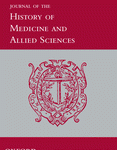
World War I witnessed the admission of large numbers of German soldiers with neurological symptoms for which there was no obvious organic cause. This posed a considerable challenge for the military and medical authorities and resulted in an active discussion on the etiology and treatment of these disorders.
Socialism and the Social Movement in the 19th Century
Ethics in the Theory of Social Representations
There are different ways in which the question ‘what makes humans distinct from other species?’
can be answered. One way is to refer to the ability of humans to reason and make rational
decisions; another is to point to the capacity of humans to speak and express themselves in
symbols; or to imagine future events and be aware of their mortality; and so on. I propose to
focus here on the capacity of humans to make ethical choices and to view this as a feature of
common sense knowledge and to that extent, as a feature of the theory of social representations.
